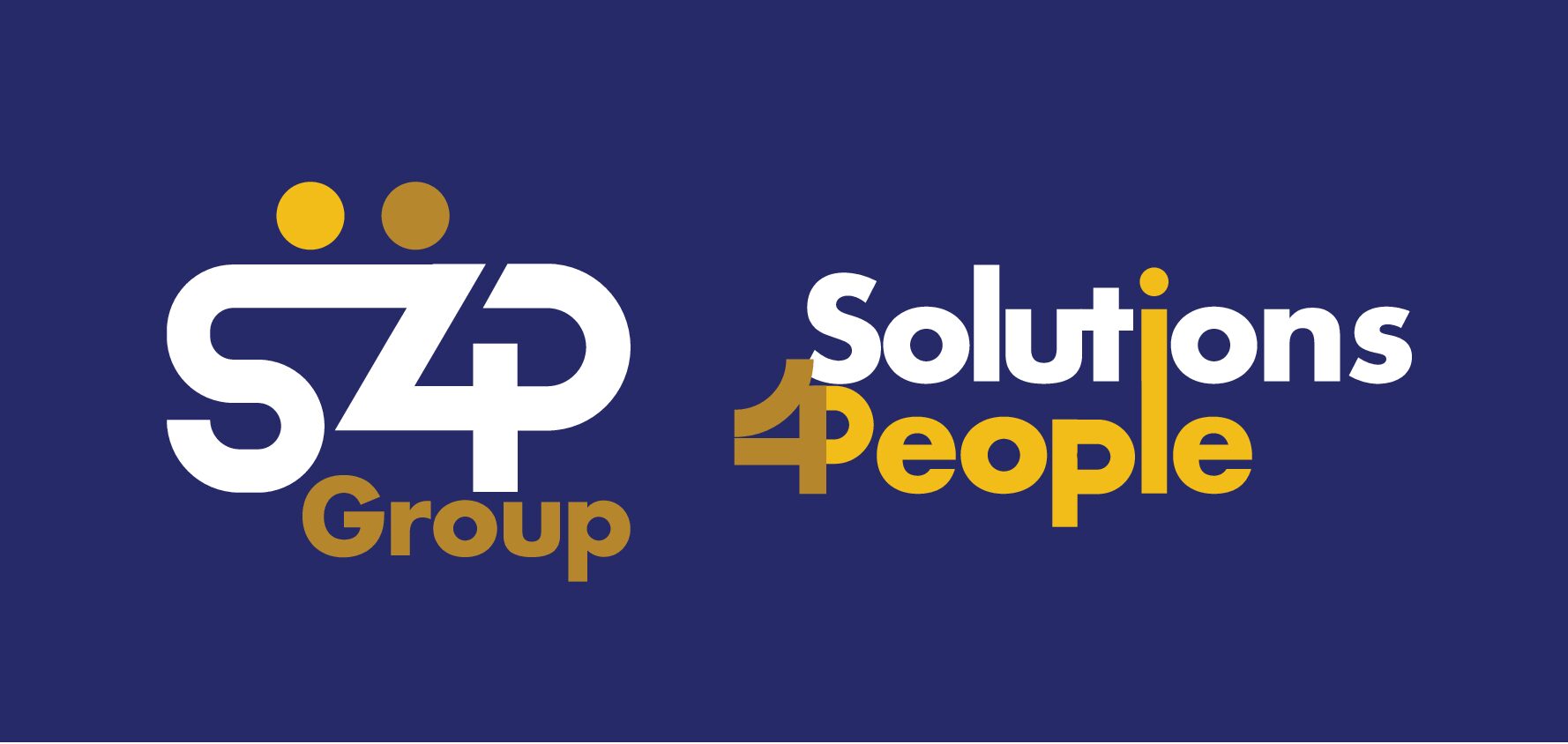+256 772 630763 | +256 703 630763 | info@s4pgroup.org

Accelerating and reinforcing social norms change related to child sexual abuse
Bantwana Word Education Initiative ● April 2023
What was the issue?
Child Sexual Abuse (CSA) is a pervasive and devastating problem that affects children of all ages, genders, and socioeconomic backgrounds. It not only causes immediate harm but can also have long-lasting effects on a child’s physical and mental health, education, and social and emotional well-being.
Since 2008, Bantwana Word Education Initiative (WEI) has implemented a Programme in Western Uganda known as “SAFE in Our Hands,” with the goal of reducing violence against children in schools and surrounding communities. The programme aims to alter social norms regarding sexual and other types of violence against pre-adolescent and adolescent girls and boys aged 9-14.
It is currently operating in 40 schools across the districts of Kabarole, Kyenjojo, and Buyangabu, and involves various key influencers, such as children, teachers, parents/caregivers, community members, and local government officials.
What did S4P Group do?
We worked with WEI/Bantwana to develop a Social and Behaviour Change (SBC) strategy to address the social norms that enable Child Sexual Abuse. These are norms that perpetuate harmful beliefs, attitudes, and practices that contribute to the perpetuation of abuse and prevent victims from coming forward or seeking help.
How did the S4P Group approach provide value?
The SBC strategy that we developed was both evidence-based and comprehensive.
As is the norm with S4P Group approaches, this strategy was based on a strong theoretical foundation: the Theory of Normative Social Behaviour, which asserts that behaviour is influenced by both descriptive social norms (perceptions of others’ behaviour) and injunctive social norms (expectations of behaviour); the Integrated Behaviour Model, which considers intention to perform a behaviour as the result of multiple components; Roger’s Diffusion of Innovations model which provides a systematic approach to changing the negative norms surrounding violence against children/CSA and promoting positive and protective norms for child protection.
We conducted formative research by engaging District Health Educators, District Education Officers, District Probation Officers, Health Facility In-Charges, and District Community Development Officers. We also engaged with community leaders and members, including parents, caretakers, teachers, and children. All these enabled us to appropriately contextualise the underlying beliefs and practices that underpin CSA. This ensured that the strategies for behaviour change are sensitive to cultural nuances and tailored to the local context.
Finally, we conducted a stakeholder validation exercise that played a pivotal role in fine tuning the SBC strategy, ensuring its effectiveness in catering to the target audience’s needs and aligning it with the programmatic framework.
What is the impact?
Three norms were identified:
- Norm I: A girl who has reached puberty or is out of school is expected to have sex and assume adult responsibilities and behaviours.
- Norm II: People are not expected to disclose CSA – those who do are alarmists.
- Norm III: Boys/Men are entitled to have sex without consequences or reprimand.
For each of these, a future state positive norm, an intermediate, next-level norm shift and a pathway to change were identified.
S4P Group designed a multi-media-based campaign titled “Stand Up, Speak Up” to address CSA and shift negative norms driving it. This includes a Digital Campaign, Collective celebration, pledges, and testimonials, Mass Media Campaign: Radio and TV Spots, Influencer Engagement, Print Campaign, Interactive Murals.
